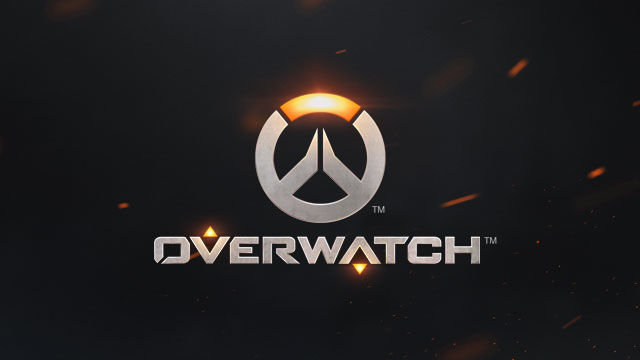Some deep-rooted conventions are still alive and well in communities centered around video games. It is often said that white heterosexual males still hold the most gravitas in video game communities, and many studies confirm this idea. As discussion on diversity and inclusivity continues these old lines are being redrawn, birthing arguments to and fro. Who has the most right and privilege to decide what (and extension, who) is included in the game space?
In their 2022 article “Sexuality does not belong to the game” – Discourses in Overwatch Community and the Privilege of Belonging”, Tanja Välisalo and Maria Ruotsalainen argue that developers need to take bold initiatives within the games themselves when it comes to concepts such as gender and sexuality. Only then those demanding representation can truly put their foot down in the discourses surrounding the topic.
In games like Overwatch, the world is most importantly revealed through the game’s multitude of colorful characters. These characters can be “owned” by players, giving them a sense of belonging in the game world. To reach this sense of belonging, however, some must struggle more than others. Article studies discourses that surrounded the revelations of two Overwatch characters, Tracer and Soldier 76 being LGBTQ. This reveal was done in comic and short story respectively, outside of the game itself.
In their study, Välisalo and Ruotsalainen find that the sense of belonging does not necessarily ask for the developers’ input. The inclusion of LGBTQ characters in the Overwatch canon as an attempt to bring inclusivity to the community was received in a multitude of ways, not all of them positive. These “changes” to characters were met with resistance, while a third character, Symmetra, was celebrated as an LGBTQ icon – even though the character herself has never been indicated as being LGBTQ. When it comes to diversity, companies would do well to listen to the people in need of better representation in their communities, if they wish to give them the best tools possible to include themselves in the game space.
These conclusions were drawn by studying and separating different discourses centering on the characters in question and their status as LGBTQ representatives within the Overwatch community. These discourses show different views of players themselves as well as different reactions to the reveals. Some bow to the original designers and their authority remaining mostly neutral while some outcry their status as good consumers, who deserve to have a say in what you put in “their” game. Other discourses fall somewhere outside of these extremes.
The changes themselves are rebutted in different ways. There is an outcry against sexuality in gaming in general, in that it does not belong to such a form of entertainment and politicizes it. Others come from different viewpoints insisting, for example, that revealing characters’ sexuality as something other than heteronormative is inauthentic to the characters. For them, these reveals feel like forced, premeditated inclusions and thus are bad representations in any case.
Interestingly, some resistance is offered even from the LGBTQ community itself. Some have decided, instead of accepting representations offered by developers, to elevate the character of Symmetra to a status of a gay icon for her aesthetics on their terms. There have also been positive reactions to these reveals as some in the LGBTQ community have voiced their satisfaction towards them.
These different discourses show that the player base is divided in negotiations on whose voice has the most weight when it comes to matters of belonging and inclusivity. While there is also a noticeable positive response, many arguments are used to downplay the LGBTQ representative characters. Some try to rebut them altogether, while others use different angles (for example, the idea that these reveals “don´t fit” the characters) to “straightwash” the discourse and characters. This invalidates their potential of being a way for certain players to find their place in the world of the game and the community. The concepts of “special snowflake” etc. are also used against those asking for better representation.
Original article
Välisalo T., Ruotsalainen, M. (2022) “Sexuality does not belong to the game” – Discourses in Overwatch Community and the Privilege of Belonging. Game Studies, volume 22. http://gamestudies.org/2203/articles/valisalo_ruotsalainen
Header image: Overwatch front cover. Harmony♡. https://www.mobygames.com/game/windows/overwatch/cover-art/gameCoverId,339807/
